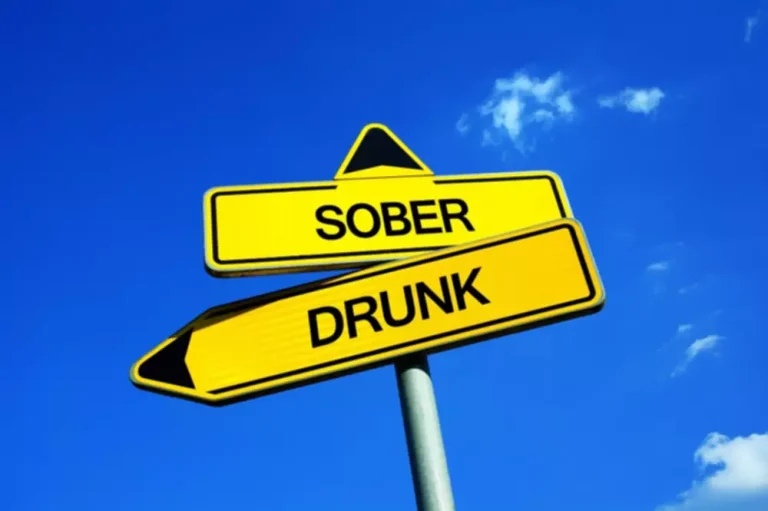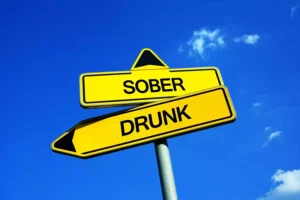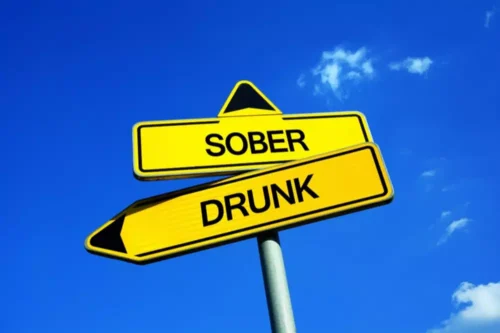
Our daily research-backed readings teach you the neuroscience of alcohol, and our in-app Toolkit provides the resources and activities you need to navigate each challenge. Drinking will reduce the ability for the hippocampus to function properly, helping to explain why blackouts stifle the creation of memories. Almost half of the study sample not only had blackouts during the four total years of the study but also had blackouts at every session in which researchers followed up with them, approximately every one and a half years. Techniques that help to regulate stress and anxiety are essential coping tools that are useful in the rehab environment as well as life after rehab. These activities might include learning how to practice mindfulness meditation, yoga classes, therapeutic massage, acupuncture, deep breathing exercises, aromatherapy, and music and art therapy. Recovery tools are taught, equipping individuals in recovery with new coping skills and better communication techniques that will benefit them when encountering challenges in recovery.
- The test is free and confidential, and no personal information is needed to receive the results.
- These immediate effects can include increased sociability followed by irritability, and long-term drinking may lead to personality changes and potential addiction.
- Alcohol has short-term and long-term effects on every part of our body, especially our brain.
- Drinking alcohol can impact your mood and behavior, making it appear as though your core personality has changed.
Is Gen Z the healthiest generation?
- With an addiction, these blackouts and personality changes can be more frequent and risk becoming a more permanent fixture of your life.
- Seventy-six per cent of the sample said they might have unintentionally done so; 13.7 per cent said they’d deliberately made up details; 7.1 per cent had fabricated an entire event.
- Boekeloo and colleauges (2011)examined a different type of drinking motive -“drinking to getdrunk,” which the authors defined as “pre-meditated,controlled, and intentional consumption of alcohol to reach a state ofinebriation” (p. 89).
- A curious paradox to emerge in the results was that students who said they’d relied on drunk friends in the past were more likely to admit having been exposed to misinformation, but at the same time were more confident in the future reliability of drunk friends and non-friends.
- If you’re able to reduce your drinking, your brain function may recover in the first few months, he says.
- Overall, these findings suggestthat alcohol-induced blackouts can have profound effects on anindividual’s overall health and well-being, above and beyond the effectsof heavy alcohol consumption.
- Alcohol therefore shuts off brain circuits central to making episodic memories (memories of specific times and places), explains White, who has studied the process on a cellular level with rodent brains.
The difference with a blackout is that, not only are there no pictures in the camera, but your mind has absolutely no memory of having taken the pictures. Plus, we’re always introducing new features to optimize your in-app experience. We recently launched our in-app chatbot, Melody, powered by the world’s most powerful AI technology.

The Role of Binge Drinking in Alcohol Blackouts
- He writes about various mental health disorders, eating disorders, and issues related to relationships, stress, trauma, and abuse.
- Our daily research-backed readings teach you the neuroscience of alcohol, and our in-app Toolkit provides the resources and activities you need to navigate each challenge.
- In addition to their prevalence rate of54%, Barnett and colleagues (2014)found that college students reported experiencing an alcohol-induced blackoutnearly once every five drinking weeks during the first year of college.
For those individuals, the release of aggression is so powerful, after they have started drinking, that their comments and behavior are irrational. I am aware of the ancient Roman saying that “In vino veriatas.” I do not agree that what is said while drinking is truth. You can be supportive and offer understanding, but ultimately, the decision to seek help is up to them. If they are unwilling or unable to get help, it may be necessary for you to seek support from family and friends, or professional counseling (online therapy can be a great option). The first step in dealing with alcohol abuse is to stay calm and avoid any kind of physical confrontation.

Lifestyle

These types of blackouts happen when a person drinks an excessive amount of alcohol, disrupting memory consolidation in the brain. Research indicates that blackouts are more likely to occur when alcohol enters the bloodstream quickly, causing the BAC to rise rapidly. This could happen if someone drinks on an empty stomach or consumes large amounts ptsd blackouts of alcohol in a short amount of time. Because females, on average, weigh less than males and, pound for pound, have less water in their bodies, they tend to reach higher peak BAC levels than males with each drink and do so more quickly. This helps explain why being female appears to be a risk factor for having blackouts. A curious paradox to emerge in the results was that students who said they’d relied on drunk friends in the past were more likely to admit having been exposed to misinformation, but at the same time were more confident in the future reliability of drunk friends and non-friends.

Thus, researchers must becautious and account for factors other than alcohol that might contribute toblackouts. Provision of misinformation,the passage of time, and being asked or interviewed about prior events can alllead to memory distortions as the individual strives to reconstruct prior events(Loftus and Davis, 2006; Nash and Takarangi, 2011). Consequently,the reliability or accuracy of memories that are recalled following a period ofalcohol-induced amnesia are likely to be suspect. The amount of alcohol consumed is significant as moderate doses can lead to subtle enhancements in sociability and confidence, but heavy drinking results in mood swings and impulsivity, sometimes even aggression. The moment you overdo it, you overwhelm your neural network, making it difficult to organize and juggle your emotional processing center.

Long-term drinking
How quickly they become rageful also varies according to the same variable factors mentioned above. For some, rage can begin after one drink while for others, it may take many drinks. For those who experience this release of aggression after drinking the speed of the onset of their belligerence may depend on their recent mood and stress level. There are people who become “happy drunks.” They are people whose aggression is not released when they are drinking, even if they may become more outgoing. Take our free, 5-minute alcohol abuse self-assessment below if you think you or someone you love might be struggling with alcohol abuse.
Blackout Drunk: Signs, Causes, and Dangers of Blackout Drinking
These memory gaps can range from a few minutes to several hours or even an entire evening. During an alcohol blackout, individuals may engage in various activities, have conversations, and make decisions, but when they sober up, they have no recollection of those events. These in include the partial, or fragmentary, blackout where the individual may remember what happened when prompted by clues, and the complete, or en bloc, blackout when the individual recalls absolutely nothing. It’s not that you forget what happened during an alcoholic blackout, it’s that the memories were never formed in the first place, CNN reported. However, some individuals report engaging in more serious behaviors such as driving cars, having sex, and engaging in illegal and often lethal activities, all without having any recollection the next day. They found that alcohol dependence symptomspredicted an increased frequency of blackouts and consequences the followingyear.

Connect With Us
Discover the essence of holistic living at
Om Kalyanam Wellness Resort, nestled
in the majestic Doon Valley, where luxury
and wellness intertwine seamlessly.
Important Links
- The Boulevard
- Dev Mahasabha
- Wellness Centre
- Tatvamayee Meditation
- Accommodation
- Helipad at Resort
Contact Us
Mussoorie Bypass
- info@omkalyanam.com

Leave a Reply